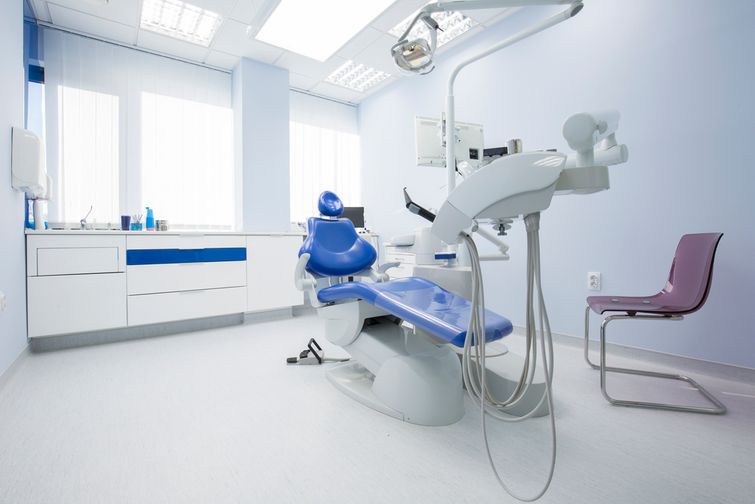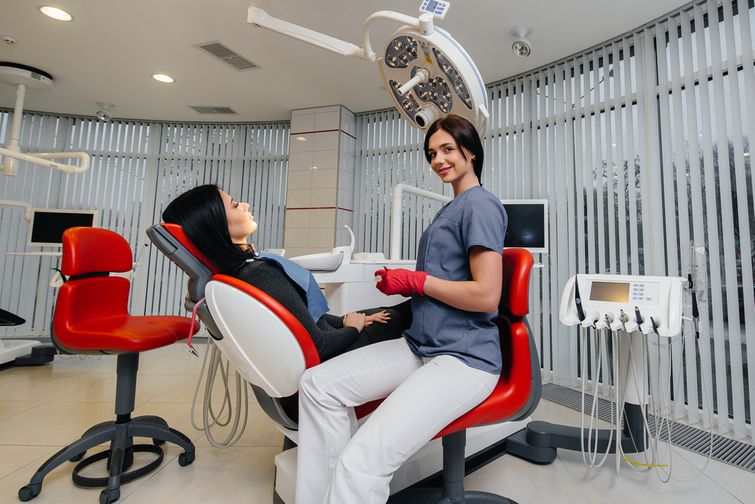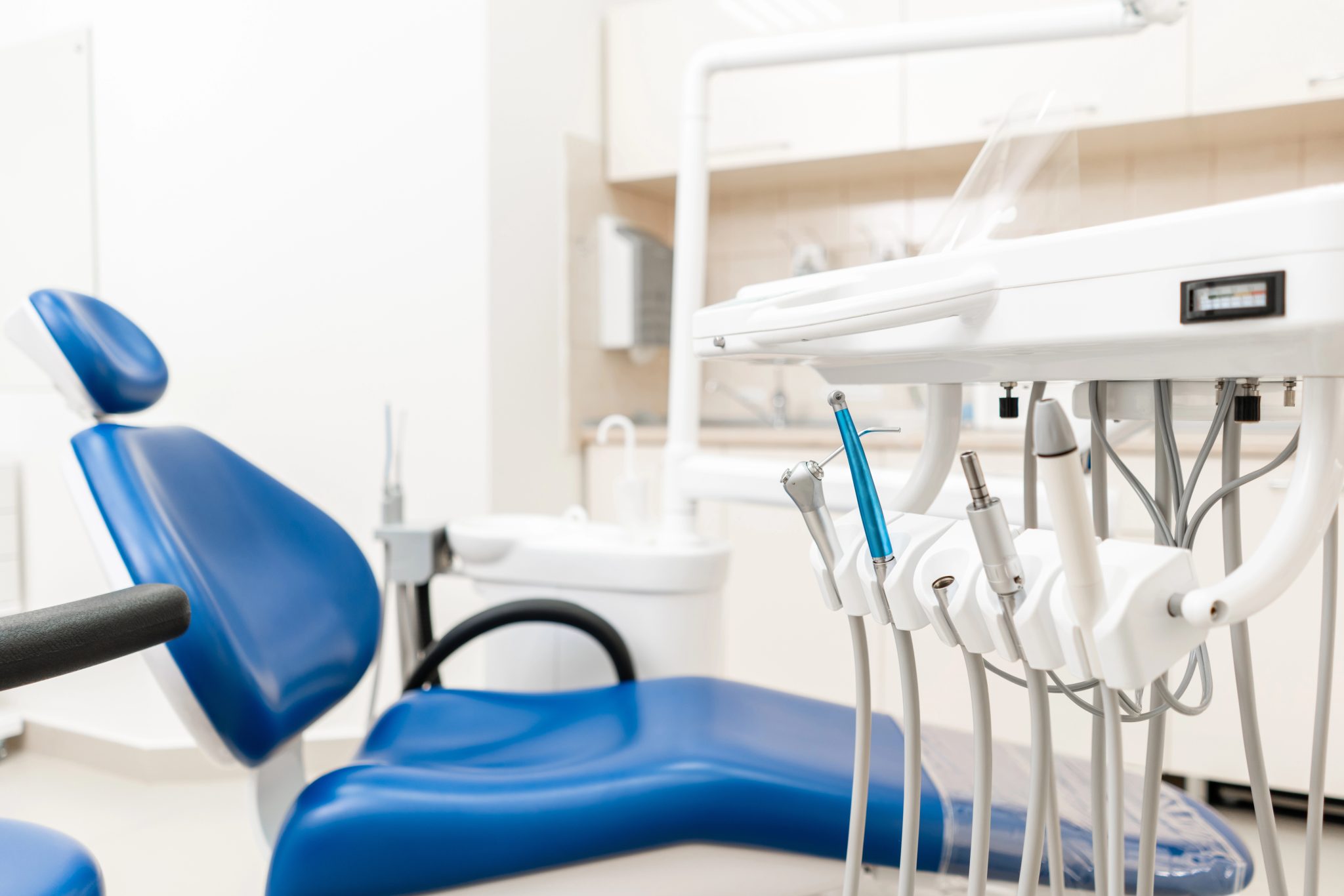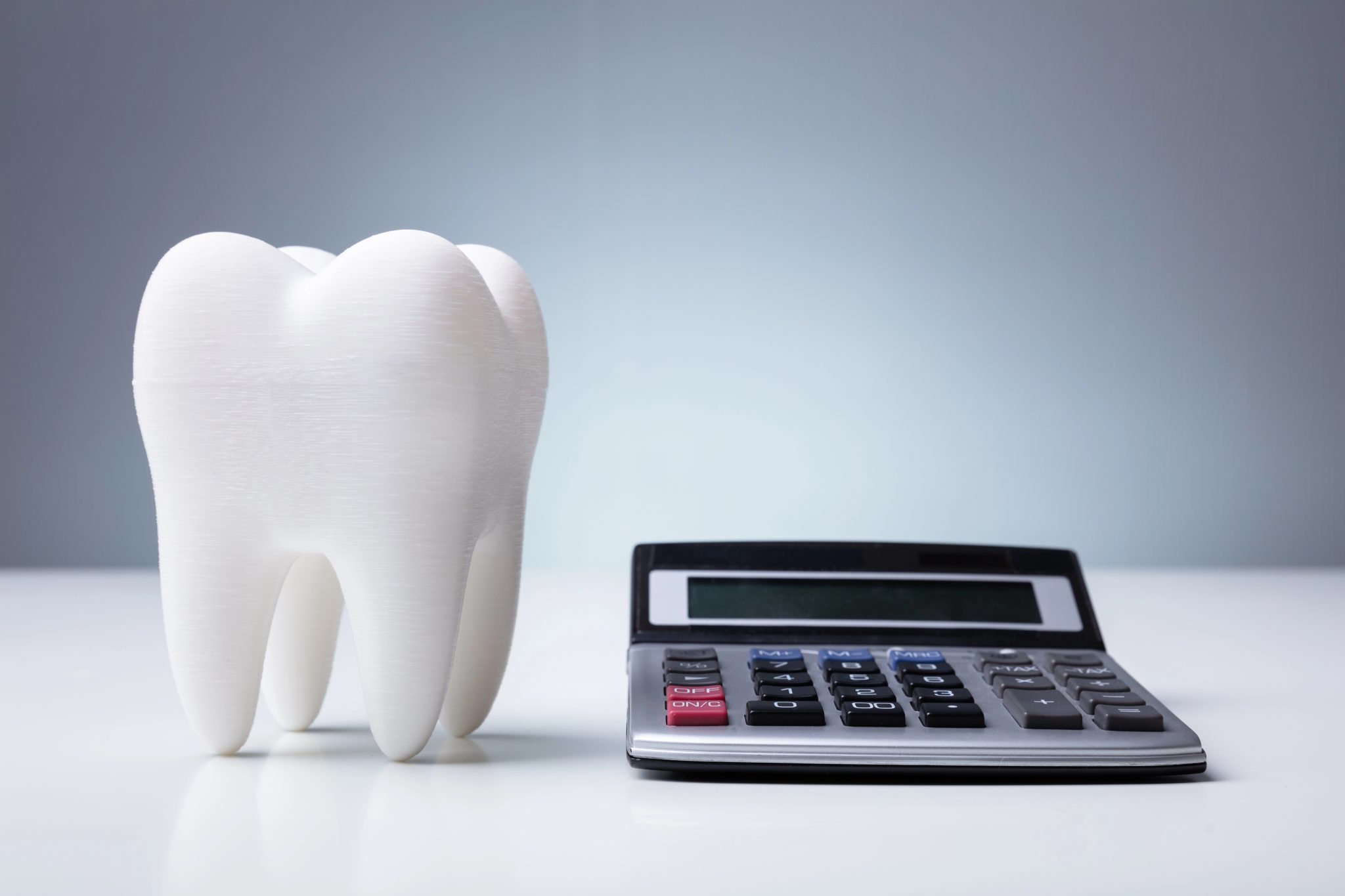You’ve been the owner of a successful dental practice for a number of years now, and you’re feeling satisfied. You’ve hired lots of amazing employees, increased your profits and kept your patients happy, but now you’re thinking about retiring. You’ve come to the conclusion that it might be best to sell your dental practice and that’s okay! You deserve it.
As the owner of a profitable dental practice, you have a lot of industry knowledge, but when it comes to selling it, do you even know where to start? This is why we’ve compiled a list of questions to ask yourself first, and steps to take to ensure your utmost success selling your dental practice.
Table of Contents
ToggleStep 1: Is It The Right Time To Sell Your Practice?
The very first question you need to ask yourself is this: is it the right time to sell my practice? You may feel ready to sell your business and retire or maybe move on to another profession, but are you actually ready?
It may seem obvious, but the best time to sell is when your practice is thriving. You’ll receive the highest and best price for your practice when it is busy, has a robust client base, and has a track record of high profits. Think about it: If you were a buyer, what sort of things would you be looking for in a dental practice? In its current state, do you really think your office would be a good, profitable business for someone to buy from you?

You’ll also need to think about the market itself. While it may be a good time for you to sell your business, the market may not offer you the price or the fast sale that you want. Ask yourself: Is there a surplus of dental practices on the market? Are there buyers out there looking for what you want to sell right now?
There are many variables that make your practice marketable. We recommend that you closely examine your business’s profitability, number of clients, production rate, collections and overhead. Then look at the market and determine whether there is a demand for your practice.
Step 2: Determine Your Practice’s Worth
If you’ve decided it is indeed time to sell, you can start thinking about how much your practice is really worth or speak to a professional right off the bat. Many people who are looking to sell their business tend to automatically think that it’s worth more than it actually is. Unlike you, potential buyers aren’t emotionally invested in your practice, and it may not be that hard for them to find something more affordable to start off with.
So, how much is your dental practice really worth? You’ll need to take a look at the numbers here. Think about your annual profits over the years and what the future outlook for the practice is. There are two income-based valuation methods to determine how much your practice is worth:
- The Capitalized Earnings method divides the prior year’s net income by a cap rate (industry average is anywhere from 25 to 31%) to get the fair market value of the practice.
- The Discounted Cash Flows method projects 10 years of net income then calculates the net present value of that income. The projected net income is determined by a reasonable growth rate and the associated practices costs each year, then discounted by the assumed cost of capital risk plus a premium (industry is 23 to 31%).
You could also calculate the value of your dental practice based on its assets. Get an appraisal on the practice and, if you own the building, the property as well. A dental accountant will then help you determine the value of your practice so you can get the money you want out of your business.

Step 3: Staging Your Practice For Sale
The best way to attract buyers is by creating a turnkey operation so that everything is up and running smoothly for them right off the bat. Here are a couple of things you’ll have to do to make this possible:
- Just like when you sell any other piece of real estate, you want the place to look attractive to draw in buyers. Focus on organizing, cleaning, and fixing things up so that potential buyers are confident in you and in the business you’ve been running. Depending on the amount of time you have before you hope to sell, it’s also a good idea to upgrade the equipment and decor of your office. Not only will this look more appealing, but it will show potential buyers that your practice really is worth your asking price and that you’ve invested your time and money into state-of-the-art equipment for your patients. Just like a home – dentists typically don’t like the fixer-uppers.
- You may think that since you’re selling, you don’t have to worry about bringing in new patients, but you should be! A profitable and thriving business shows that the systems you’ve put in place work well and don’t need much improvement (ultimately saving a buyer time and money). Keep up with bookings and try to maintain a fairly full schedule by welcoming new patients to your practice. Once you’ve determined who your target audience is, your advertising campaigns can draw in some long-lasting patients and, in turn, increase the value of your dental practice.
4. Preparing Staff Contracts
This step involves a few different things. First of all, you’ll want to prepare the buyer by introducing them to your employees. When you hired your employees, hopefully they signed staff contracts outlining their employment period, hours, pay, and benefits. You need to make sure you file these carefully so that the transfer to the buyer goes smoothly. Part of this can also include reports on how each employee performs, how they contribute to the business, and what patients have to say about them. This will make it easier for the buyer to make decisions regarding the dental office’s current staff.
Next, you need to give your staff a working notice so that they are aware that you’re selling the business. When the practice is sold, their jobs could possibly be at risk should the buyer take a different approach. As a current employee, they’d probably be a big help to any potential buyers since they know the business and the customers, but you can’t guarantee this as the seller. According to the Employee Standards Act, your employees need to be given a certain amount of notice before the business is switched to the new owner, with the time length depending on how long the employees have worked for the company. To avoid issues, it’s smart to call a staff meeting in order to let everyone know that you’ve made the difficult decision to sell. This would also be a good time to introduce the new owner. Be careful not to do this part early on in the selling process, as it might negatively affect the business and employee morale. You usually won’t want to provide working notice until the practice is actually sold so that no rumours are spread around the community.
5. Speak to an Accountant
Last but not least, all the spiralling questions, concerns, and numbers can be alarming when you’re looking to sell your dental office. Some dentists have even made costly errors while selling their practice because they failed to seek out expert advice.

Here are some common mistakes that are made:
- The big one is your Capital Gains Exemption that is currently around $900,000 per Growth shareholder. Remember, I said Growth shareholder so if your spouse or children are Preferred shareholders, they do not participate with this tax-free part of the sale.
- Does the practice have any whole life or universal life insurance inside that could cause you to lose the Capital Gains Exemption? The Dentistry Professional Corporation cannot have over 50% of the market value in investments (stocks, bonds, mutual funds and permanent insurance) inside the corporation two years prior to sale.
You’ve worked hard to run your practice, so don’t risk making a costly mistake at the point of sale. Dental Tax’s team of accountants has many years of valuable experience offering dentists all over Canada high-quality accounting services. We can help you prepare and finalize the sale of your dental practice. Contact Dental Tax to personalize your financial solution and begin the process of selling your dental practice today!
Adam has an MBA from the Richard Ivey School of Business in London and also holds a Chartered Investment Manager designation.
- Optimizing Accounts Receivable for Dental Practices - June 25, 2025
- Implementing Internal Controls in Dental Practice Accounting - June 11, 2025
- Accounting Outsourcing for Dental Practices: Benefits and Best Practices - May 28, 2025






